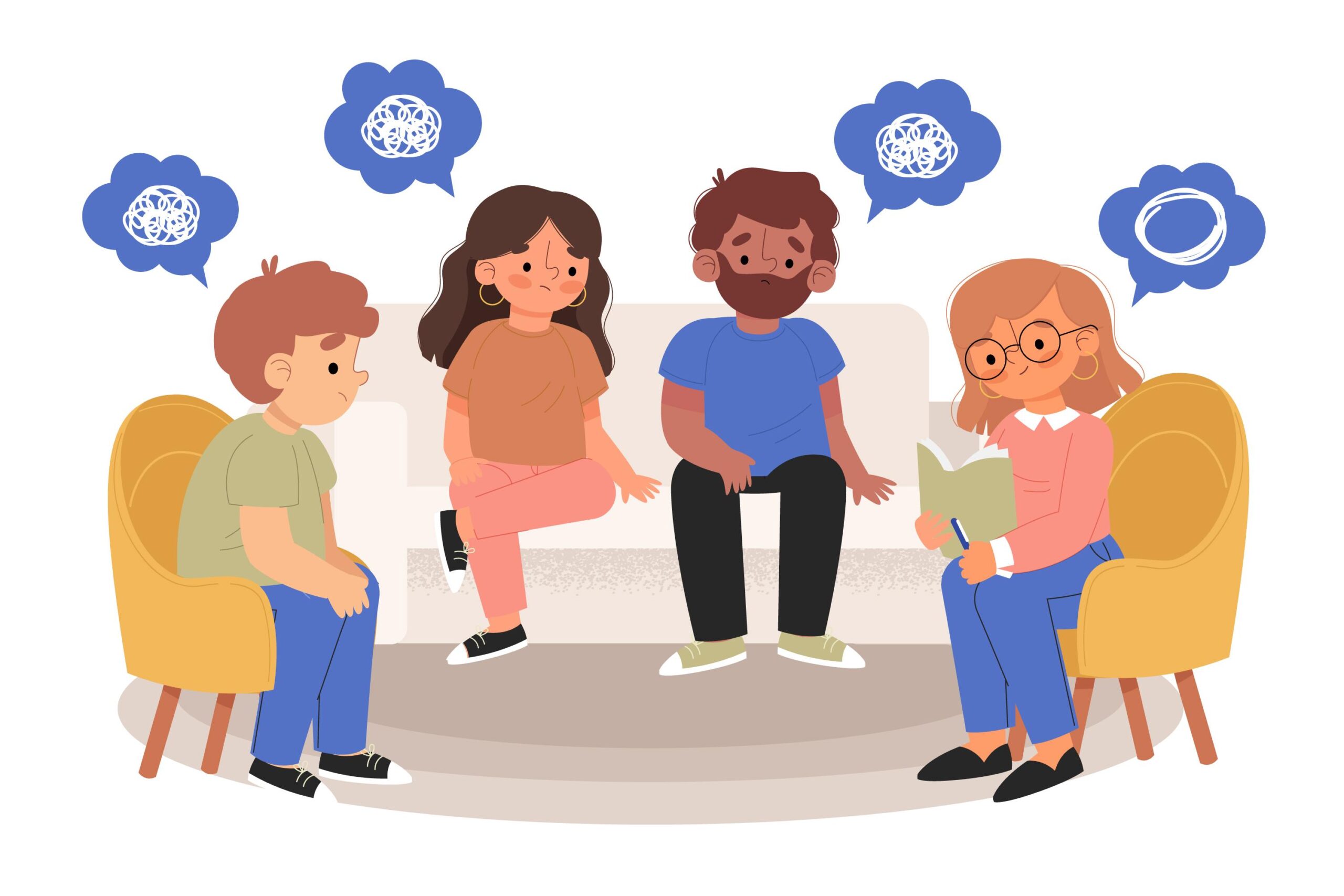Introduction:
Cultural competence in mental health is an essential aspect of providing effective and inclusive care. This blog delves into the importance of recognizing and respecting diverse perspectives to ensure mental health services are accessible and relevant for everyone.
Understanding Cultural Influences:
Cultural backgrounds significantly influence individuals’ perceptions of mental health, illness, and treatment. Understanding these cultural nuances is crucial for mental health professionals to provide culturally competent care. It involves recognizing the impact of culture on stigma, help-seeking behaviors, and the expression of symptoms.
Challenges in Cross-Cultural Mental Health:
Cross-cultural mental health care comes with its challenges, including language barriers, differing cultural norms around discussing mental health, and the stigma associated with seeking help. Addressing these challenges requires a commitment to cultural humility, ongoing education, and adapting therapeutic approaches to suit diverse needs.
Promoting Diversity in Mental Health Services:
Promoting diversity in mental health services involves creating inclusive spaces where individuals from all cultural backgrounds feel seen, heard, and understood. This includes diversifying the mental health workforce, incorporating cultural competence training, and offering resources that reflect the diversity of experiences and perspectives.
Conclusion:
In conclusion, embracing cultural competence in mental health is essential for providing equitable and effective care. By recognizing and respecting diverse perspectives, we can work towards creating mental health services that truly meet the needs of all individuals.

